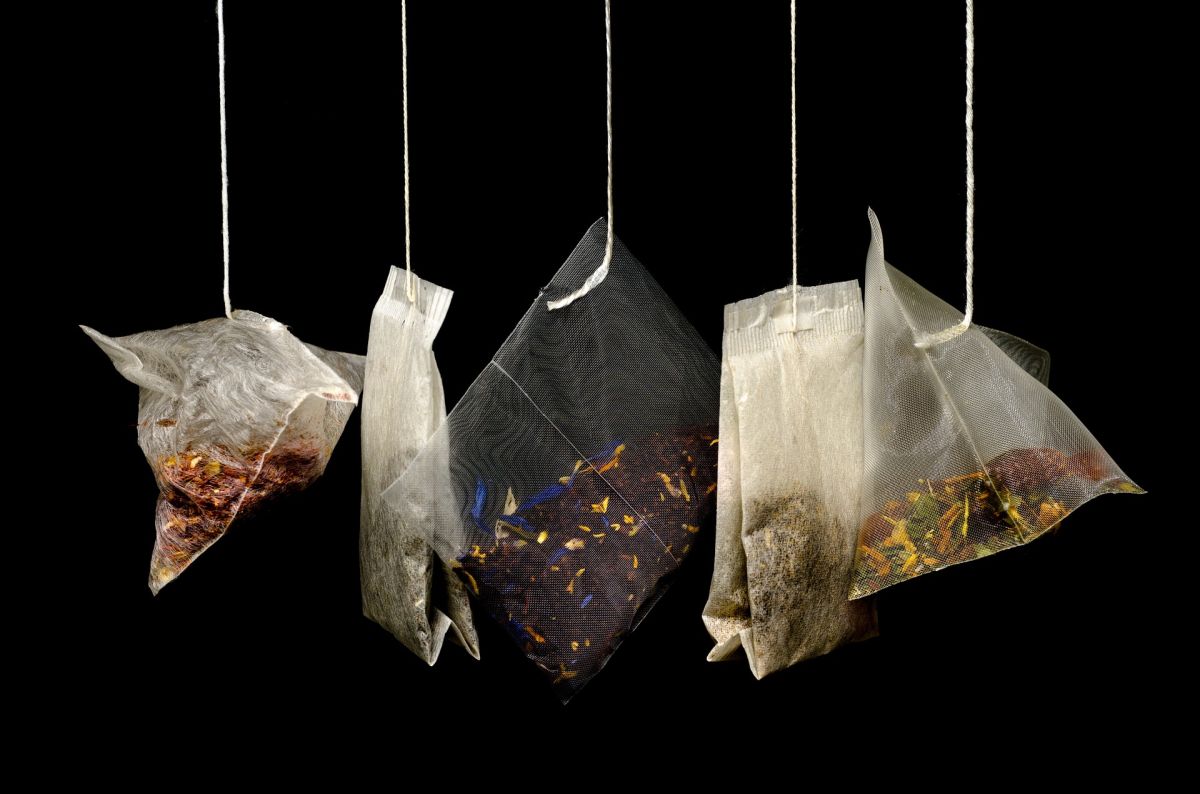Tea bags contain micro-plastics which are contributing to the climate crisis and bad health
By Ella Gerry

Tea drinkers are being advised to reconsider their choice of tea bag after a recent study suggested that a single plastic tea bag can shed billions of microscopic plastic particles into each cup of tea.
Since hitting the shelves, nylon mesh tea bags have been marketed as supreme to the traditional paper tea bag. However, a study by a group of scientists at McGill University in Canada, found that these fancy tea bags are releasing more than just greater flavour into our brews.
The study tested four different nylon mesh tea bags purchased in the Montreal area. After removing the tea, the team placed the bags in the water at a typical tea steeping temperature of 95 °C. Using electron microscopes and spectroscopy, the study found that, on average, each tea bag released approximately 11.6 billion micro-plastics – plastic particles ranging from 100 nanometres and 5 millimetres in size – into a single cup.
According to the study, the potential magnitude of plastic consumption from nylon mesh tea bags is considerably higher than the levels of micro-plastic consumption from other food items. The study attributes this to the high water temperatures degrading the supposedly ‘food-grade’ plastics used in the tea bags.
Scientists are concerned over the threat ingestion of micro-plastics may pose to human health. Various studies have recorded micro-plastics in fish, seafood, table salt, and drinking water. The team at McGill University carried out further experiments on water fleas to test the effect of the micro-plastics released from the nylon tea bags.
The team observed sublethal behavioural changes and developmental malformations in the water fleas with similar observations recorded in studies on fish and mice. However, research into the various impacts on humans remains in its infancy. Currently, the World Health Organisation suggests that there is little evidence of any major health risks from ingesting micro-plastics but acknowledges the substantial gaps in knowledge on the subject matter.
For the time being, to avoid ingesting billions of micro-plastics and reduce single-use plastic packaging, the best solution is to opt for traditional paper tea bags or loose-leaf tea.







